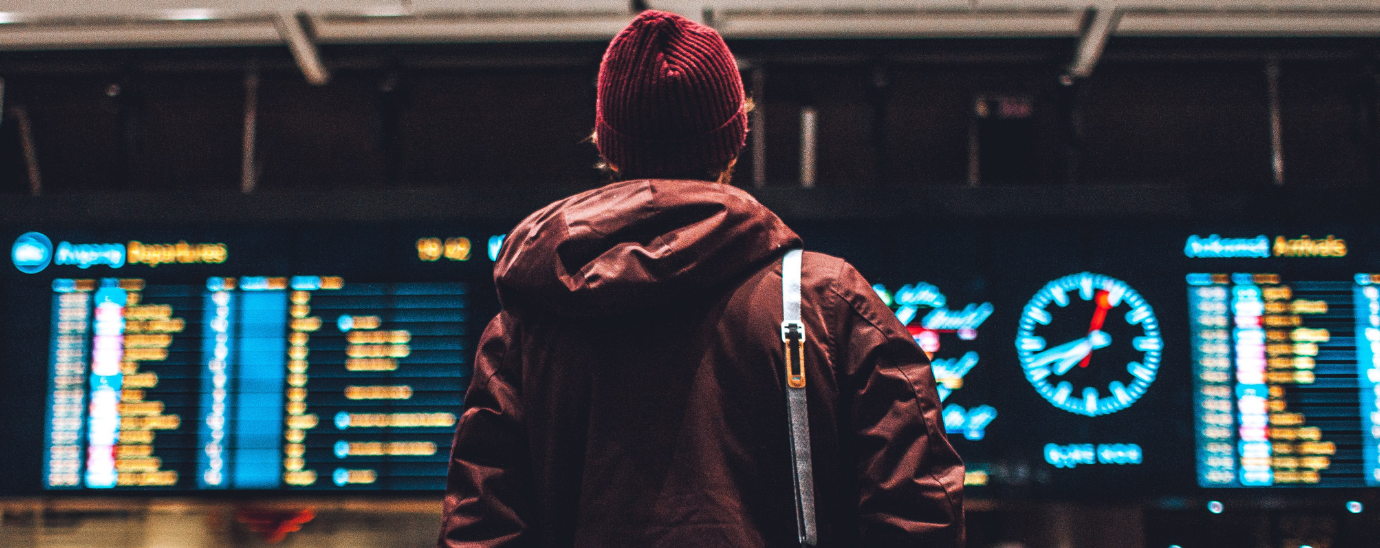Traveling through tech: Redefining the traveler experience

TBTech looks at the ways in which technology is redefining the traveler experience
The world of travel has changed rapidly over the last two years, with Covid-19 creating chaos within the industry. By implementing travel technology, the travel industry will automate processes, save time, reduce costs, and create a pleasant experience for customers. In the era of Covid-19, customers’ expectations have shifted, and airlines, restaurants, hotels, and other industry companies need to transform to meet these needs.
By using technology, the customer’s experience will be improved before, during and after the trip itself. With this in mind, here are some of the top ways in which technology is redefining customer experience in the tourism and travel industry.
Book your travel with voice search
With a large majority of customers having access to smartphones, smart speakers, and AI assistants, voice searches have grown. For example, customers have begun using voice search to search and book airline tickets, hotels, and experiences.
Smart devices offering virtual assistants like Alexa, Siri and Google Assistant have become increasingly more popular, with the Digital Marketing Institute estimating 30% of all browsing is now screenless. On top of this, DBS Interactive claims 41% of adults now use voice search at least once per day and in total, more than half of all smartphone users engage with voice search technology to some degree.
For the travel and tourism industry, it is essential to ensure websites and booking systems are suitable for voice searchers. Companies that fail to embrace this form of technology are limiting their reach to potential customers.
Some of the advantages for companies embracing voice search include:
- Enhancing the customer experience
- Generate more website hits
- Remaining ahead of competitors
Virtual reality experiences
The role of virtual reality in the tourism and travel industry has been significant, with travelers having the opportunity to experience locations before they complete their bookings. As stated by Immersive VR, one of the greatest strengths of virtual reality is allowing the user to experience the feeling of “being there”. VR in tourism can place the user at the heart of the destination and makes it easier to imagine themselves at the location.
Companies that implement a virtual reality tour as part of their offering will have a competitive edge over competitors who have not brought this into their marketing strategy yet.
The benefits of virtual reality in tourism include:
- Allowing customers to imagine a travel destination
- Displaying 360 degrees of a destination
- Creating a memorable and impactful experiences for customers
- Create a unique brand engagement
Facial recognition
Facial recognition is a form of biometric AI that enables identifying an individual or verifying their identity based on their facial features. This form of technology has been explored and used more often within the travel and tourism industry. Due to the number of travelers in various airports and hotels, multiple processes can be sped up using this technology.
Facial recognition is a fantastic way to create personalized and speedy experiences for customers and improve security within airports and hotels. Security is a massive issue within the industry, and facial recognition can easily identify people. Facial recognition can help to prevent crime and identify problematic guests or visitors. This technology can rapidly and accurately alert hotel and airport staff to the presence of people with a history of bad behavior or have a security alert against their picture, allowing them to be more easily removed from the premises or reported to police and security services.
The benefits of facial recognition in tourism and travel include:
- The number one goal of facial recognition technology is to identify and protect
- Able to identify travelers and tailor services to fit their needs.
- Facial recognition is no contact, decreasing the need for sanitizing, etc.
- Creating a customized experience for travelers.
UV-C cleaning
With Covid-19, one important aspect of the tourism and travel industry is to ensure their spaces are clean and safe for their customers. “UV-C is having its heyday right now,” says Peter Veloz, CEO of UltraViolet Devices, which makes UV disinfecting technology. Even after Covid-19 has gone, customers want their hotel rooms and airplane seats to be deep cleaned as they have become more aware of the spread of germs in general.
READ MORE:
- Travel is changing with COVID-19 – how can technology help?
- Smart tech for smart traveling
- A return to normality for travellers will make them targets for hackers
- PROS and Diggintravel redefine the end-to-end travel experience
UV-C has germicidal properties that combat Covid-19 and other nasties, both in the air or on surfaces. Depending on the location, new UV-C installations go into HVACs, on escalator handrails, or through airports and planes via light-equipped robots that disinfect as they go.
If installed and operated correctly, a UV-C system can kill all sorts of bacteria and germs. Even seasonal flu bugs might be zapped before they spread. “Covid-19 could come and go, but what won’t disappear are normal pathogens,” Veloz says.
For more news from Top Business Tech, don’t forget to subscribe to our daily bulletin!
